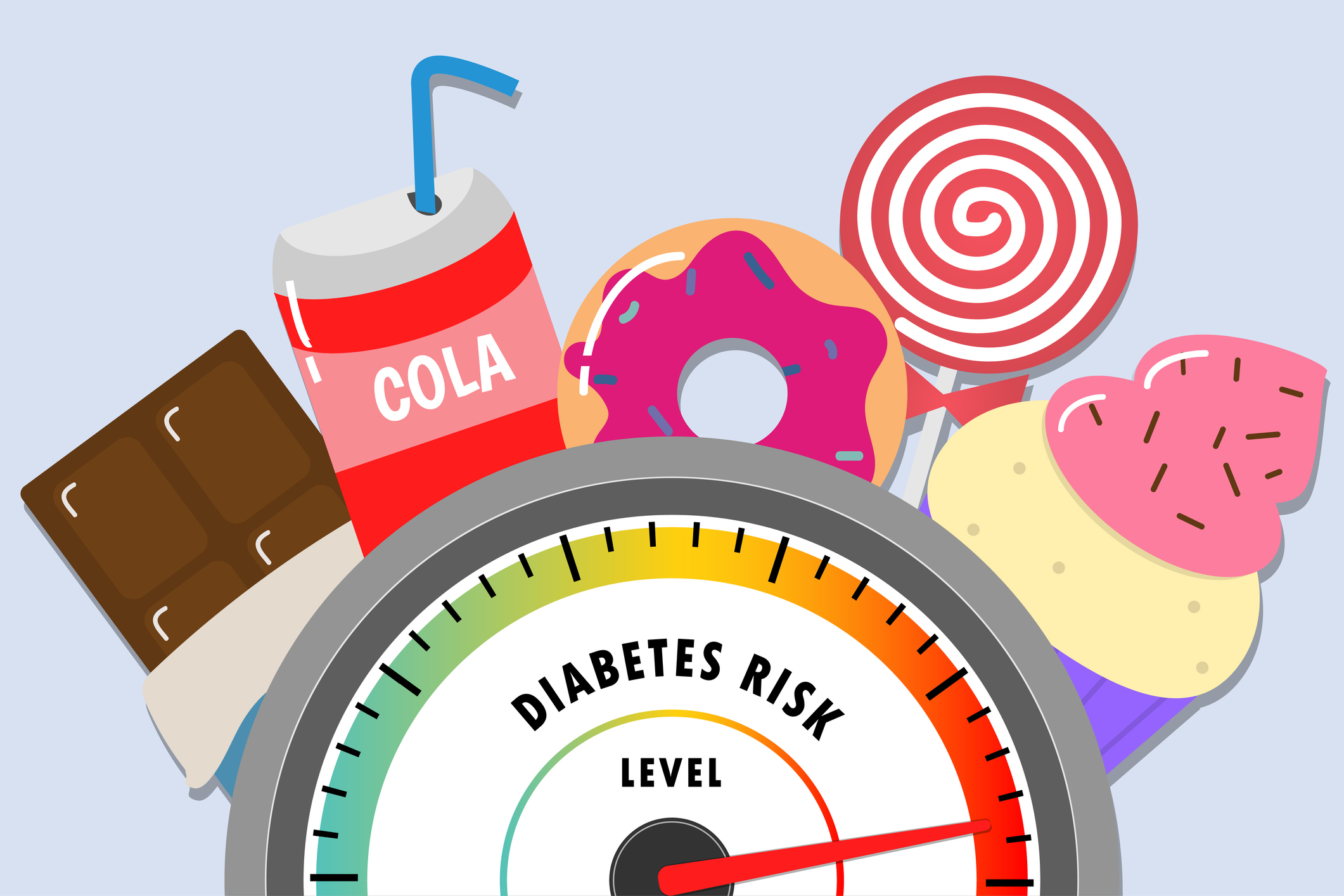As a new decade begins, renewed commitments are made to improve health and well-being for the future. But many older adults may be walking around with a health condition they are not aware they have that, left untreated, can lead to serious complications including cardiovascular disease, nerve or kidney damage, vision loss, infection and dementia. Prediabetes often has no obvious symptoms but left unchecked, can lead to diabetes and serious health problems.
The good news is that more than half of the cases of type 2 diabetes are preventable and if caught in the early stages, lifestyle changes can help adults avoid developing the disease. According to the International Diabetes Foundation, as many as 212 million people, nearly half of adults currently living with diabetes, are undiagnosed. In partnership with Lions International and the National Institute for Health and Welfare, Finland, an online tool has been created to predict an individual’s risk for developing type 2 diabetes within the next 10 years.
Some of the risk factors for prediabetes and type 2 diabetes include being overweight, over the age of 45, being active less than 3 times a week, a family history of type 2 diabetes or having had gestational diabetes. If you have one or more of these risk factors, by getting more physical activity, eating a healthy diet, managing stress and losing weight people with prediabetes can significantly reduce their chances of developing type 2 diabetes.
According to the Centers for Disease Control and Prevention, people who lost between 5 and 7 percent of their body weight and added 150 minutes of exercise each week cut their risk for developing type 2 diabetes by up to 58 percent. And among lifestyle change program participants over the age of 60, the risk was slashed by 71 percent. Healthy lifestyle changes also lower the risk for heart attack and stroke and help older adults live a more active and rewarding life.
Learn more about diabetes prevention by talking with your doctor or check out the CDC’s National Diabetes Prevention Program here.






Add Your Voice
0 Comments
Join the Discussion